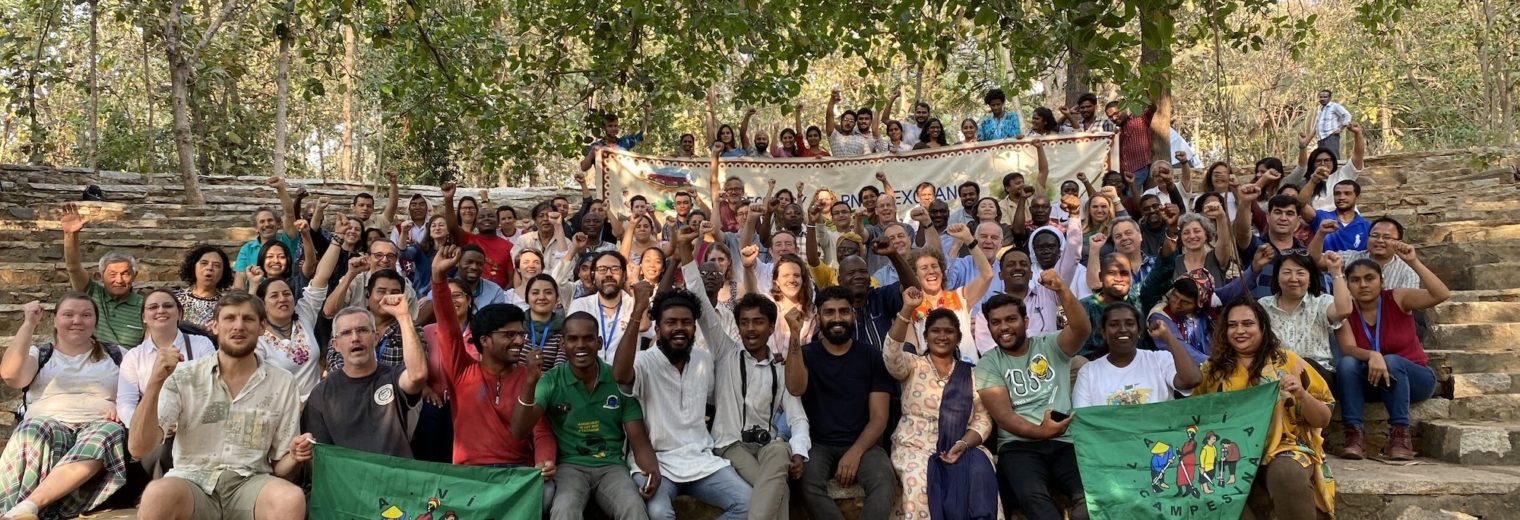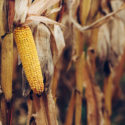A movement, a science, a practice—the complexity of agroecology is its superpower
Talking about food systems transformation—toward a racially just, decarbonized, and healthy system—can sometimes sound like word salad: organic, regenerative, agroecological, climate-friendly. Lately, we over at Real Food Media have been talking a lot about agroecology because we believe it offers a powerful pathway for transformation—even if most Americans have never heard the term.
In the “paper of record”—the New York Times—“agroecology” has only been used in substantive articles three times. (In total, the word appears in 22 pieces, nearly one-third of those in the opeds of just one person: Mark Bittman). But in the last couple of years, agroecology has been invoked in two articles about the benefits it holds for farmers in India; and once, just last week, in this fantastic piece about food in Puerto Rico and the long shadow of US intervention there.
So while it may not be commonplace (yet) in the mainstream media in the United States, the concept is a powerful one for grounding us, here and around the world.
As advocates of agroecology like to stress, the term refers to:
- an agricultural practice that looks at farms as a whole system, using that system, and nature’s ingenuity, to build soil fertility, manage “pests” and “weeds,” and grow abundant crops;
- the science behind these practices;
- and, just as importantly, the social movements spreading them.
This third element is critical: agroecology means taking on the powerful, vested interests of agribusiness, challenging petrochemical producers and the money behind synthetic fertilizer production, and going head to head with the global behemoth of the meat industry—all billion dollar businesses. Supporting agroecology means shifting power away from these industries and back to food producers themselves.
No, this concept doesn’t fit neatly into a Tweet. It doesn’t lend itself to easy talking points, but its complexity, we like to say, is its superpower.
in community and solidarity,
Anna, Tiffani, Tanya, and Christina
P.S. You can tune into a conversation about the concept and its relevance to this moment, at this Mongabay webinar.
Read the full issue of the Real Food Scoop
Header photo by Rucha Chitnis for the Agroecology Fund Global Learning Exchange 2020 in Bangalore, India. See the full photo essay here.



